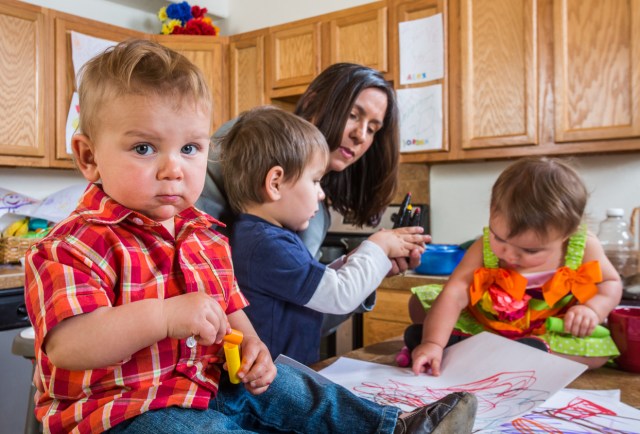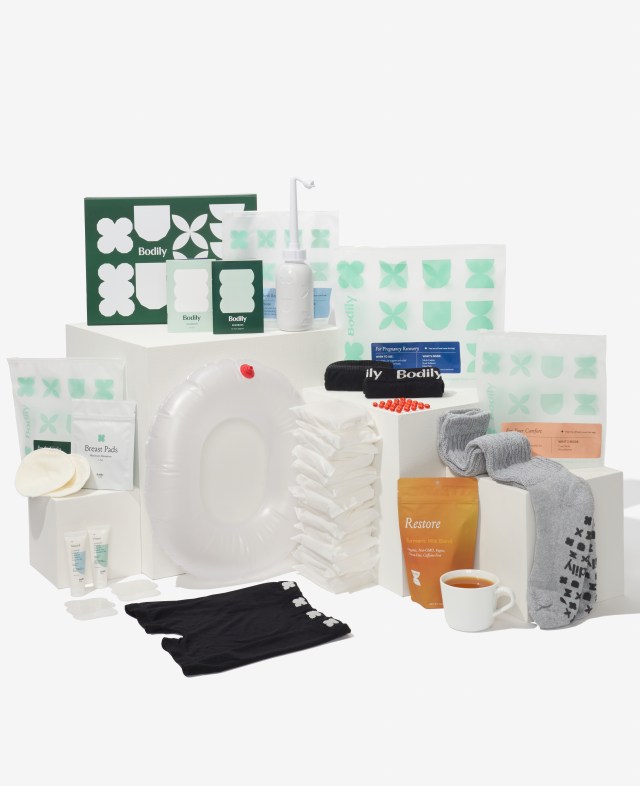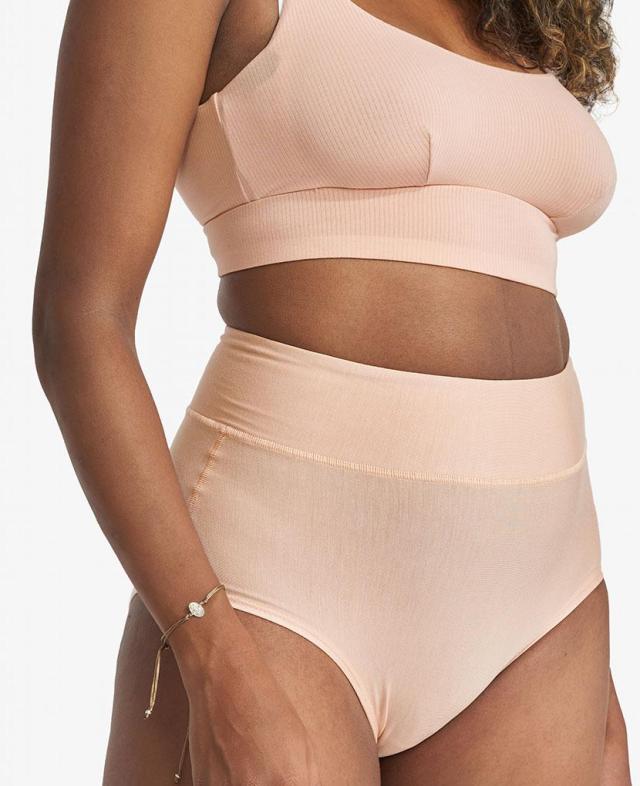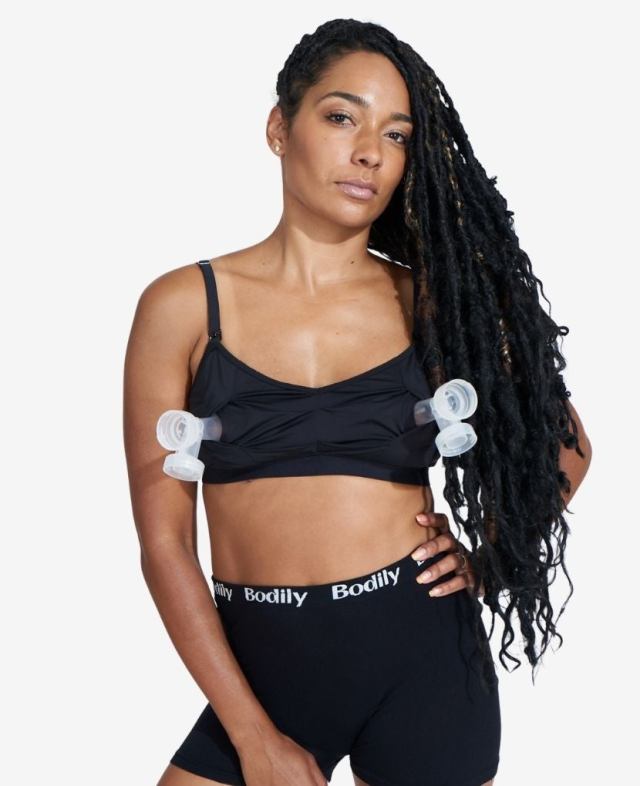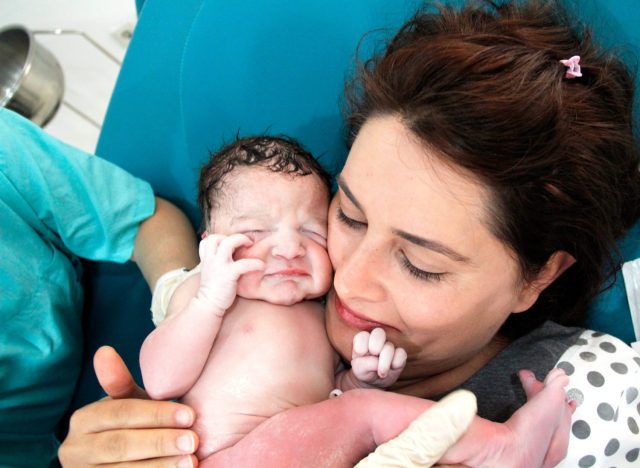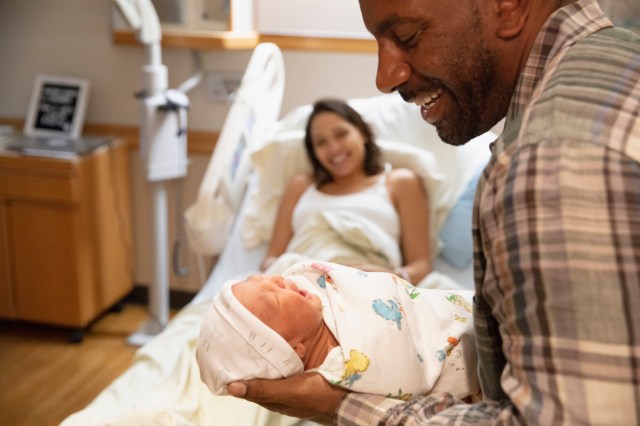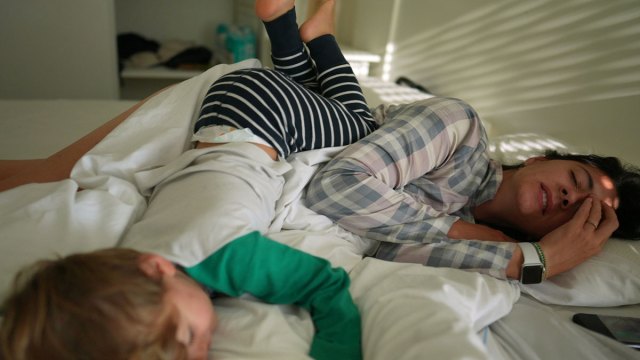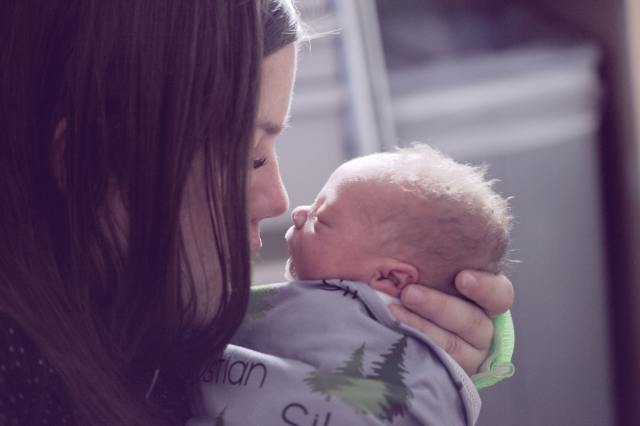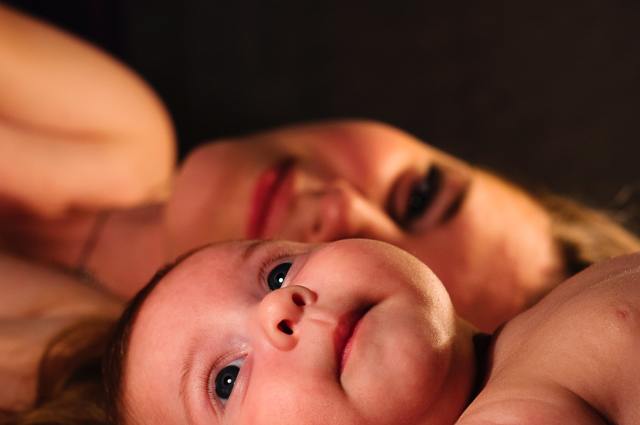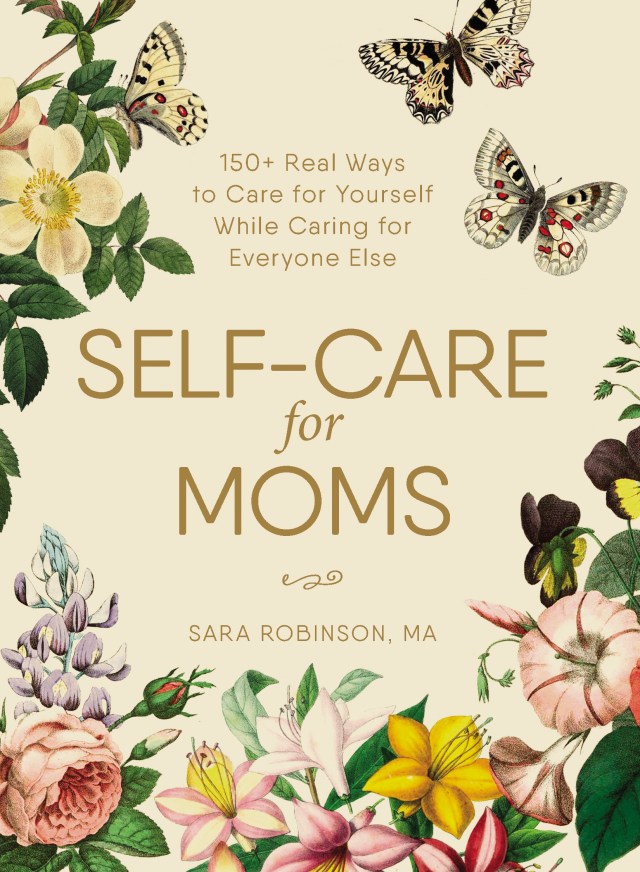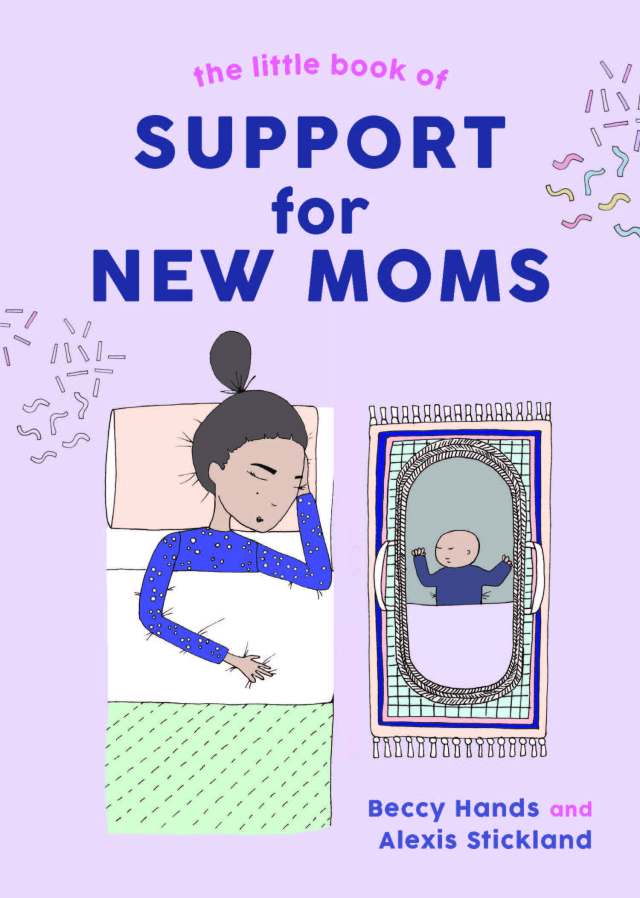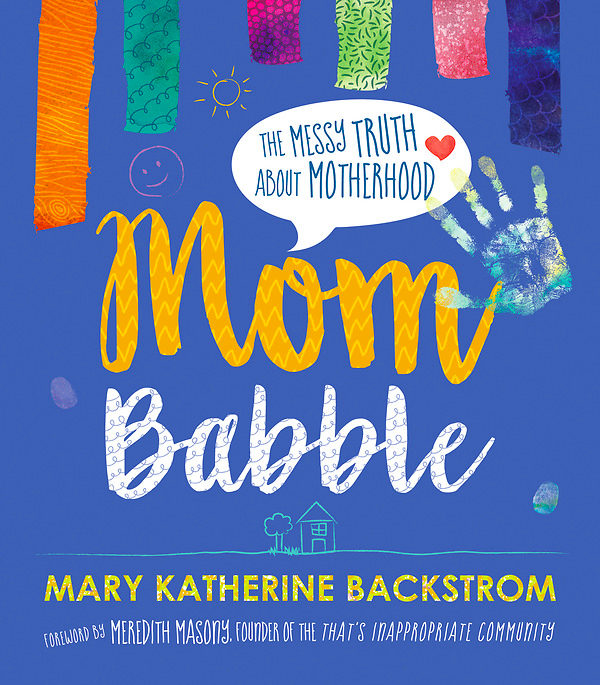For all the parents who have ever wondered, “should I have a third child?” this is for you
Triple your pleasure; triple your fun. When you have a third child, you’ll need a bigger car and a lot more snacks, and you’ll be rewarded with more love and wild adventures. Read on to find out what life is like when you add a third baby to the family.

Pregnancy? What Pregnancy?
With your first, you have time to read baby books and take childbirth classes. Pregnancy with your second is a bit more hectic as you have to coordinate hospital tours and baby-registry shopping trips around nap time. But by the time you’re pregnant with baby 3, you’re lucky if you can even remember to take your prenatal vitamin each morning. Between taking care of two other children and driving around to all their activities, your third learns to go with the flow from the time they're in the womb.
Delivery Is Orchestrated with the Precision of a Space Shuttle Launch
For the delivery of your third baby, you will need to begin preparations weeks in advance to ensure your other two children are accounted for. Schedules, locations, contact numbers and contingency plans should be documented and emailed to your entire circle so your kids can be picked up, dropped off and cared for while number three is making its arrival.
Practical > Cute in the Clothing Department
With your first, you buy all the adorable baby outfits and don't worry about the number of buttons and snaps. Your second wears some hand-me-downs along with simple sleepers added to the rotation. By the time your third baby comes along, they're living in secondhand onesies and pajamas that provide easy diaper-changing access.
Someone Is Always Hungry or Thirsty
With three kids, you learn to always be prepared with snacks and drinks. Whether you're nursing an infant, peeling oranges for a toddler or fetching crackers for a preschooler, someone always needs something. Usually when you’re using the restroom or are on the phone because #momlife.
Nature Never Stops Calling
Have three children and maybe a pet, and you'll be constantly changing a diaper, taking someone to the potty or taking a fur baby out for a walk. No longer will anyone in the household be squeamish about poop—talking about it or cleaning it up.
Everyone Adjusts to the Chaos
With three young children, you become accustomed to a minimum threshold of background noise. You accept that it will always be there and learn to tune it out. Fortunately, so do the children. Just wait to be amazed at how quickly baby number three will fall asleep despite older siblings' shouts, laughs and musical toys.
It’s an Instant Party
With three kids, the party never ends. Scheduling playdates isn't as necessary because every single day is a playdate right at home. Bring three kids to a park or an event, and suddenly it’s a party. All the neighborhood kids come calling to play with one, two or all three of your children.
Cuddles Galore
With three, you will never want for love. Eager arms are always outstretched and waiting to hug you, and you will constantly find a child or three snuggling into your side. Someone always wants to play with you, giggle with you or be held by you. It’s as heartwarming as it sounds and does wonders for the ego.

Maximum Return on Investment
With three kids, you ensure you get your money's worth on all the gear you've purchased. Clothes, strollers and toys all get passed down, eliminating the need to purchase much of anything for baby number three but diapers and new car seats when your current ones expire.
Built-in Teachers
With your first, you are the model for everything your child learns to do. You teach and instruct and celebrate each milestone. But once you have two and three children, older siblings step in to help teach their younger siblings. Potty training a third? Leave it to the older kids and watch them pass on your wisdom.
You No Longer Sweat the Small Stuff
Firstborn children tend to have every step carefully monitored for their safety. Second children get away with more as you're learning to divide your attention between two kids running in opposite directions. But by the time number three is born, you’ve realized kids are pretty resilient. Besides, you no longer have time to obsess over minor details. So all three children are given more latitude as you save your energy for what's truly important.
The Love Is Overwhelming
This is really what it’s all about. Triple the love. Three times the hugs. Your heart bursts every time you look at all of your children together. You realize they'll always have each other, and you can't imagine your life without them and their amazing bond.
RELATED STORIES:
9 Products You Need with a Second (or Third or Fourth) Child
13 Signs You’re on Your Second Baby
New Mom’s Survival Guide for Going Back to Work
